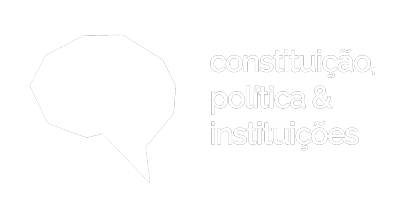Our International Dialogues on Constitutional Law hosted Ralf Poscher (Universität Freiburg). He talked about freedom of assembly, drawing from his experience in devising a ‘master code’ for freedom of assembly in Germany.
Poscher started his talk by emphasising what he thinks is the central aspect of the freedom of assembly, the physical presence of demonstrators, who ‘stand with their bodies’ for the ideas they advocate, he said. This makes protests a special kind of expression, different from writing an op-ed piece for a newspaper, for instance. It is precisely because a demonstrator’s body is exposed that he is afforded the special protection of the freedom of assembly.
Regulation must have this aspect above all, Poscher argued: while some restrictions required to prevent harm should be admitted, those are second-level concerns. The primary goal of regulation should be to “enable and facilitate the exercise of the right of assembly”.
Law should then respect the autonomy of the assembly: organisers should be free to pick the purpose, the time, the route and generally how to organise it. The master code consequently admits assemblies that have no leaders or formal organisation even, although it does provide for a kind of assembly which is directed by a leader, who is given power to take decisions which are legally binding upon demonstrators. The police, in that case, are only allowed to interfere with the assembly after calling upon the leader of the assembly to address an issue (by removing a demonstrator engaging in disorderly conduct, for instance) by themselves.
The master code also includes a mandante that organisers give the police 48h notice of the assembly, or face a misdemeanour charge. This is mitigated for spontaneous assemblies and assemblies called with less than 48h before the time of the assembly.
The police are only allowed to interfere with the assembly when there is a ‘imminent, concrete risk to public safety’, Poscher explained. This means that abstract speculations and even concrete risk of minor illegal behaviour do not sanction police interference. And the police are only allowed to disband an assembly when it deems there is no alternative to preventing harm. Only following this formal decision by the police, and after demonstrators are warned and given appropriate notice, are then the police allowed the proceed under ‘regular police law’.
Demonstrators are also generally entitled to wear masks and protective gear. Those might be needed so that individuals are able to exercise their freedom of assembly, wearing masks to avoid retaliation for joining a protest, and protective gear to protect against those who would explore their bodily exposition to harm them. Conceding that those may also be use to facilitate illegal conduct, the master code provides that the police may order demonstrators to remove those, again in a formal decision which may be challenged in court afterwards.
Similar rules apply to assemblies in privately-held public places: if those are used for transit as streets and parks are, demonstrators are not required to secure consent of the owner.
Poscher finally highlighted that while those provisions are all important in preserving freedom of assembly, a democratic culture in policing is just as important; police, he insisted, must have a clear view of their professional responsibility to enable and facilitate assemblies, instead of limiting or managing them.
Skip to content
